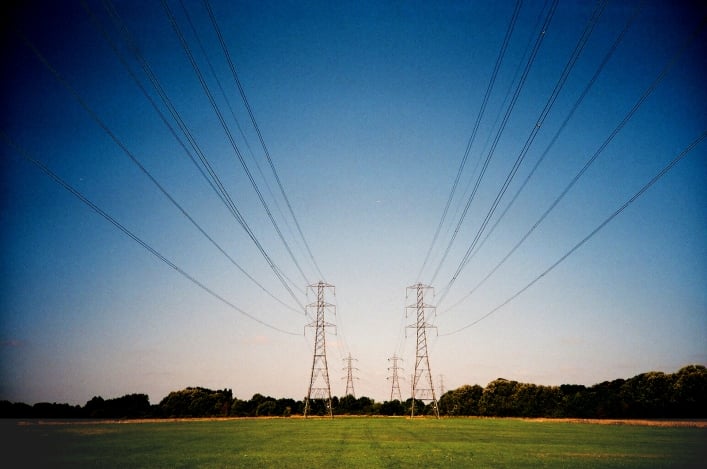Changes to consumer behaviour and policy clarity will be pivotal to achieving net zero in the UK.
This was a key finding of National Grid ESO’s latest Future Energy Scenarios (FES) report, which laid out four scenarios for decarbonising the electricity system.
Three of the four saw Britain reach net zero by 2050 or sooner, and two saw it reduce its emissions by 78% from 1990 levels by 2035, in line with the sixth carbon budget.
Urgent policy decisions to drive immediate energy efficiency measures will be needed to slash emissions, the operator found. In the two scenarios where the nation met the carbon budget target, it also met the government’s 600,000 heat pumps per year goal, set as part of Prime Minister Boris Johnson’s Ten Point Plan.
This would see up to 2.6 million installed by 2025, and over 25 million by 2050. These should be supported by retrofitting thermal efficiency measures in homes, driven by policy.
In the most ambitious decarbonisation scenario modelled by National Grid ESO dubbed Leading the Way, consumers turn down their thermostats by an average of 1°C. This collectively reduces heat demand by 13%. By switching to LED light bulbs and smart appliances, there is a potential improvement of over 30% in consumers’ energy efficiency as well.
The Leading the Way scenario sees over 80% of households smart charging their electric vehicles (EVs), responding to time-of-use energy tariffs to both access greener energy and reduce peak demand on the grid.
Up to 37.4 million EVs are expected to be on Britain’s roads by 2050, and a 60% reduction in energy demand for transport is needed by this point compared to today, even in the slowest decarbonisation scenario.
For all of the net zero scenarios, power sector emissions were negative by 2034. National Grid ESO recently announced that it was on track to run the grid zero carbon for periods by 2025, a key milestone in reaching a decarbonised electricity grid by 2035.
In the most ambitious scenario there is also no unabated combustion of natural gas for power beyond 2035.
Hydrogen played a central role across all net zero strategies, providing flexibility to the electricity network, as well as hybrid heat pumps and hydrogen boilers helping to replace natural gas in some scenarios.
The latest Future Energy Scenarios gives a “glimpse of a Britain that is powered with net zero carbon emissions” but also highlights the core changes needed to get there said Matthew Wright, head of strategy and regulation at National Grid ESO.
“If Britain is to meet its ambitious emissions reduction targets, consumers will need a greater understanding of how their power use and lifestyle choices impact how sustainable our energy system will be – from how we heat our homes, to when we charge our future cars – and government policy will be key to driving awareness and change.
“Britain is making significant progress towards achieving net zero. The fundamental changes outlined in our latest FES insight show just how important a coordinated approach will be between policymakers and industry if we’re to capitalise on that momentum.”






